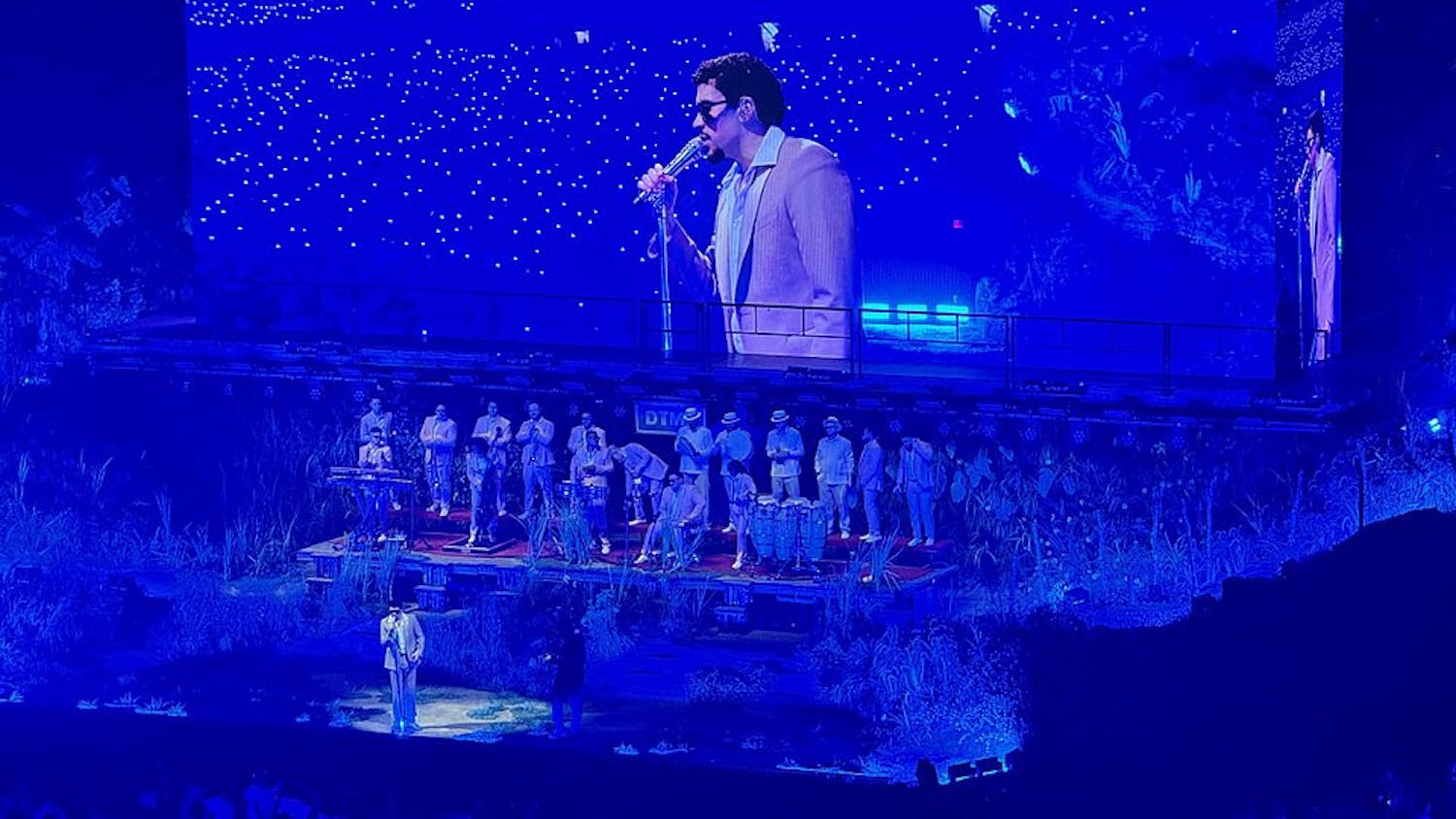As education costs continue to skyrocket beyond the bounds of traditional inflation, more and more people fall behind and to the wayside, and the cycle of poverty and marginalization expands. The increase in college tuition is sometimes blamed on the usual inflation of U.S. currency, but in reality, tuition has increased at a rate that is twice that of USD inflation, according to Forbes.
This rapid and exponential increase is simply a symptom of the ails of the U.S. education system. In 1980, people saw a high school diploma as a prerequisite for employment and a basic example of academic accomplishment. In 2021, however, things are quite different. For most jobs today, one is expected, or preferred, to have a bachelor’s degree in some field. That means one must spend extraordinary sums of money to simply find a job that garners median levels of income.
In 2019, the median American income was approximately $68,703, meanwhile EducationData.org reports that the average American student should expect to pay at least $37,720 per year for the pursuit of a bachelor’s degree. Given today’s professional climate, many now are valuing the importance of continuing on to graduate school for the increase in median pay.
Essentially, this means that to be employed and earning a middle class wage, one has to potentially tack on student loans that are near hundreds of thousands of dollars. How is this in any way accessible to the lower classes of America, who require college education if they hope to be hired for higher-paying jobs that could help lift them out of poverty?
For example, in the continental U.S., excluding Hawaii and Alaska, the poverty line for a family of four, a believable example, would be $26,500, according to the U.S. Department of Health and Human Services. As of 2019, the U.S. Census concluded that there were 34 million Americans living in poverty, which is about 10.5% of the population.
The current U.S. educational system is not sustainable in its current state. This rapid increase in tuition can be blamed on nothing short of the greed of the individuals who run such institutions. They claim to be wholly inclusive and to prepare the students for the rest of their life and careers, but in many cases, all they achieve is raising the barrier for entry to those living paycheck to paycheck and ensuring college for those that can already afford it.
Take UW-Madison for example, as their tuition has been increasing yearly around $800-1000. Just recently, however, the UW Board of Regents approved a 2% increase in salaries for UW affiliated chancellors, including our very own Chancellor Rebecca Blank, who will now earn a whopping $606,154 in income per year.
The fact is, many middle-class families in the U.S., including my own, take on enormous amounts of debt to earn a degree. Paying back such loans can take anywhere between 10-25 years after you’ve graduated, essentially holding that bill over your head until you are almost middle-aged. Education in America is a business, one that caters solely to those who can afford the “services” they provide, instead of offering the means to improve the social standing for everyone. In many cases, it only reinforces the wealth gap and ensures that the cycle of poverty within communities continues.
In 2015, the Hechinger Report concluded in their study that “students from high-income families are eight times more likely to get bachelor’s degrees by the time they’re 24 than those from low-income families.” Such a disparity is not exactly shocking in the U.S. — even though it should be — as children from low-income families are continually marginalized. Until legitimate reform of the U.S. education system begins, the gap will only widen.
Legislation has already been proposed to help forgive student debt. Whether it ever sees the light of day is up in the air, and the plans themselves are quite weak, but the accessibility of college to the disenfranchised has begun to be noticed and universities have to put students before 2% raises.
Ian-Michael is an Opinion Editor at The Daily Cardinal and a freshman. Do you think college is inaccessible to the lower classes? Is the system in need of reform? Send all comments to opinion@dailycardinal.com.
Ian-Michael Griffin is an Opinion Editor for The Daily Cardinal, and a member of the Editorial Board.






